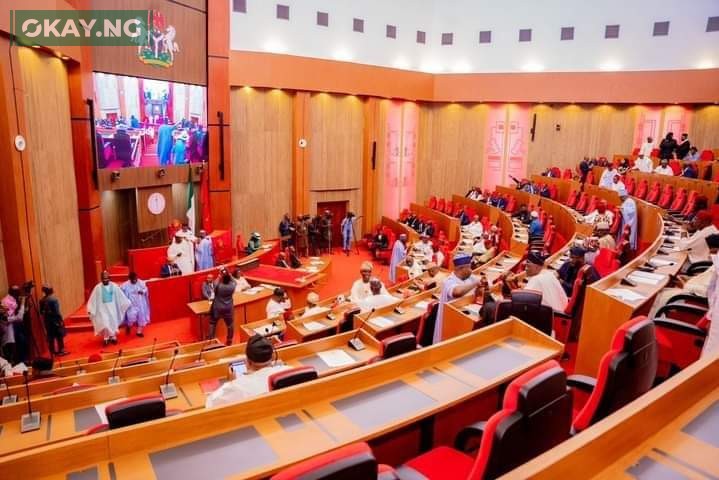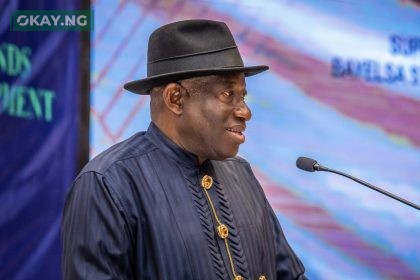The Nigerian power sector is grappling with a liquidity crisis that has left generating and distribution companies owed an estimated N200 billion monthly, the Senate Committee on Power has revealed.
Senator Enyinnaya Abaribe, the committee’s chairman, made the disclosure during a retreat in Ikot-Ekpene, Akwa Ibom State, aimed at tackling critical issues in the power sector.
Senator Abaribe lamented that the government has not made any payments to distribution companies in 2025, resulting in an N800 billion shortfall this year, adding to a backlog of over N3 trillion. “There’s a liquidity crisis in the power sector. The generating companies are owed so much, the distribution companies are also owed so much,” he stated. He explained that the tariff shortfalls mean the government owes N200 billion every month, and this debt is affecting gas suppliers as well since generating companies depend on them.
Despite the challenges, Abaribe called for decisive action from both federal and state governments, noting the existence of a two-tier electricity market. “The state can do it, the Federal Government can do it, so they must all come together and make that decision,” he said, stressing the need to decide whether to subsidize fuel or electricity.
Minister of Power, Adebayo Adelabu, highlighted the achievements of the current administration, including increased power generation, but cited funding gaps and vandalism of energy equipment as major hurdles. Akwa Ibom State’s deputy governor, Senator Akon Eyakenyi, representing Governor Umo Eno, underscored the importance of reliable electricity for the growth of Small and Medium Enterprises.













